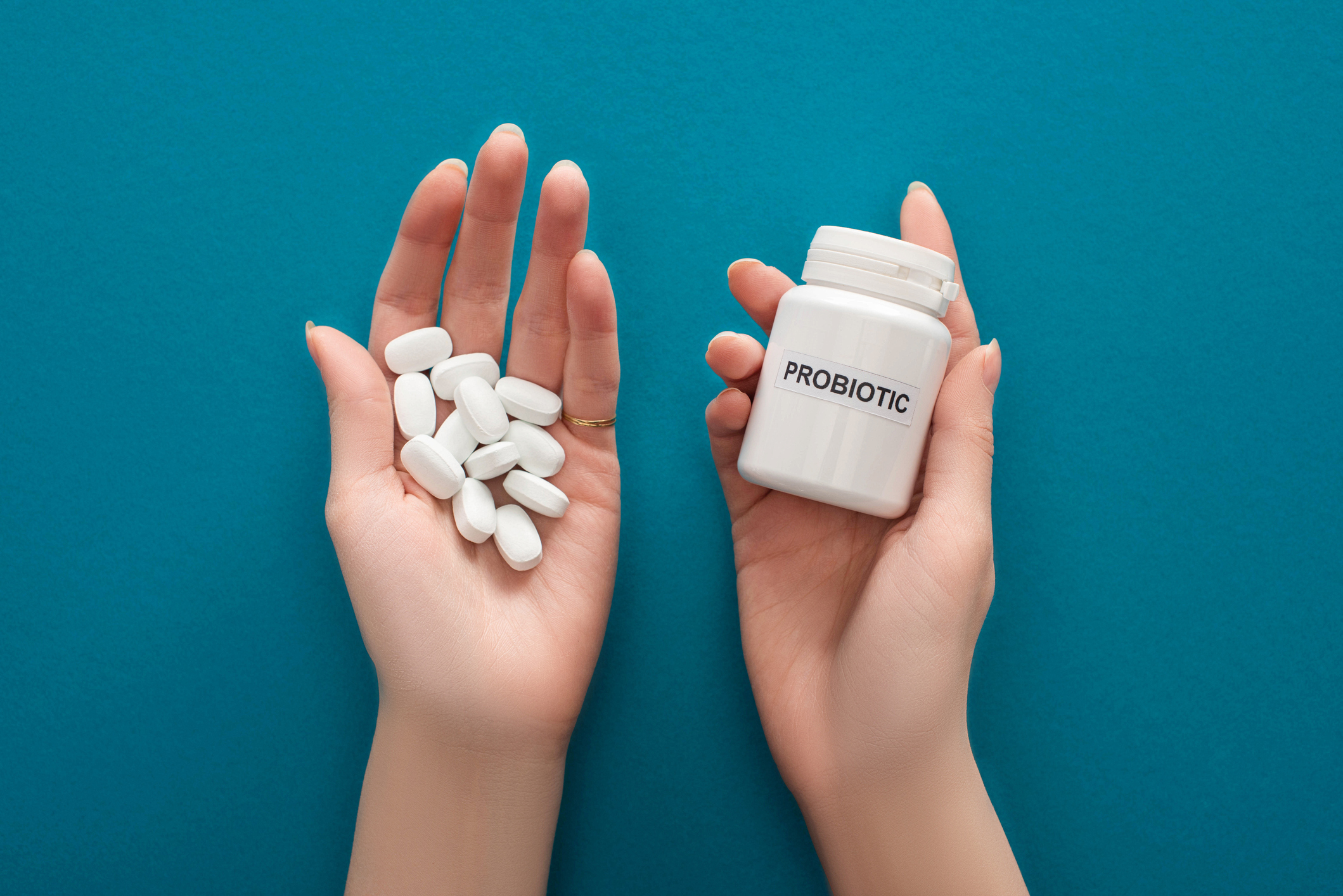

No one looks forward to getting a colonoscopy, but it’s one diagnostic you shouldn’t skip out on.
That’s because colorectal cancer (CRC), which includes colon and rectal cancer, is the third most commonly diagnosed cancer — and it’s on the rise…
Experts expect 3.2 million new cases and 1.6 million deaths by 2040.
There was a time when it was thought of as a disease of aging — mostly hitting older adults. But no more. Cases have been rising in young adults under 50 to the point that the age for getting a first colonoscopy was lowered to 45.
Until now, prevention strategies for CRC have targeted lifestyle changes, additional screening for people at high risk and the removal of polyps.
But advances in probiotic research are pointing to these little “gut helpers” not only for CRC prevention but improving treatment…
How probiotics reduce the risk of CRC
Researchers from The Chinese University of Hong Kong in China conducted a review of the latest literature on probiotics and colon cancer. Their goal?
To examine how probiotics can be used to prevent CRC and improve current treatments including chemotherapy and immunotherapy.
Probiotics are well known for improving the gut microbiome and strengthening the body’s response against pathogens and disease by…
- Enhancing the intestinal barrier
- Modulating immune response
- Remodeling the microbial composition
- Inducing targeted cell death (apoptosis)
Professor Jun Yu, corresponding author of the review, says, “Administration of CRC-depleted bacteria as a probiotic intervention may help regulate and create an intestinal microenvironment that is unfavorable to CRC development.
“Therefore, it is pivotal to identify CRC-depleted bacteria and develop probiotics as a safe, novel, and non-invasive strategy for CRC prevention.”
He and his team shed light on several other mechanisms by which the researchers believe probiotics can prevent CRC, including…
- Limiting the proliferation of CRC-promoting bacteria in the gut and rebalancing the microbial profile
- Preventing the infiltration of harmful pathogens
- Restoring the intestinal mucus barrier
- Inhibiting the growth and spread of tumors
- Modulating the balance of anti-apoptotic and pro-apoptotic factors, which decelerate adenoma progression to CRC. Apoptotic factors refer to cell death.
- Deactivating carcinogens and contributing to their elimination
They also discussed the role of probiotics in the treatment of CRC. Per their findings, probiotics can:
- Bolster the effects of chemotherapy
- Overcome chemoresistance caused by Fusobacterium nucleatum,
- Manage dysbiosis due to drug treatment
- And, as an adjuvant in immunotherapy, probiotics can boost the anti-tumor immune response and improve the efficacy of immunotherapy treatment
Especially exciting — and something we’ve heard little about that was also covered in the review — is the role of postbiotics.
According the Harvard Nutrition, postbiotics is a term that “refers to the waste left behind after your body digests both prebiotics and probiotics. Healthy postbiotics include nutrients such as vitamins B and K, amino acids, and substances called antimicrobial peptides that help to slow down the growth of harmful bacteria. Other postbiotic substances called short-chain fatty acids help healthy bacteria flourish.”
Postbiotics are also considered anti-CRC agents and were discussed along with advances in probiotic delivery systems.
Probiotics: A valuable anti-CRC strategy
The review summarized that “the gut microbiome cannot be neglected when treating or preventing CRC. While early detection can reduce mortality, it is not a viable prevention strategy, nor can it eliminate CRC.”
And Prof Yu concluded,“Evidence for the anti-cancer effects associated with probiotics administration is accumulating rapidly due to advancements in the fields of metagenomic sequencing and bacterial genome editing technologies, and investigation into NGPs [next-generation probiotics] and postbiotics holds great therapeutic potential.”
If that’s not enough to drive home the importance of probiotics, I’m not sure what would.
Yogurt and buttermilk are full of probiotics. So are fermented foods like sauerkraut, kombucha tea, miso and natto, a dish made of fermented soybeans.
But if you want to pump up your probiotic power, consider food pairings that bring antioxidants into the mix. Research has found that the more antioxidants available to the digestive tract, the more efficiently it absorbs probiotics.
Alternatively, probiotic supplements are readily available — and a good idea —especially when it comes to CRC.
Sources:
Chinese Medical Journal review dives deep into probiotics for colorectal cancer Eureka Alert
Probiotics intervention in colorectal cancer: From traditional approaches to novel strategies Chinese Medical Journal
Common Cancer Types — National Cancer Institute
What are postbiotics — Harvard Health Publishing